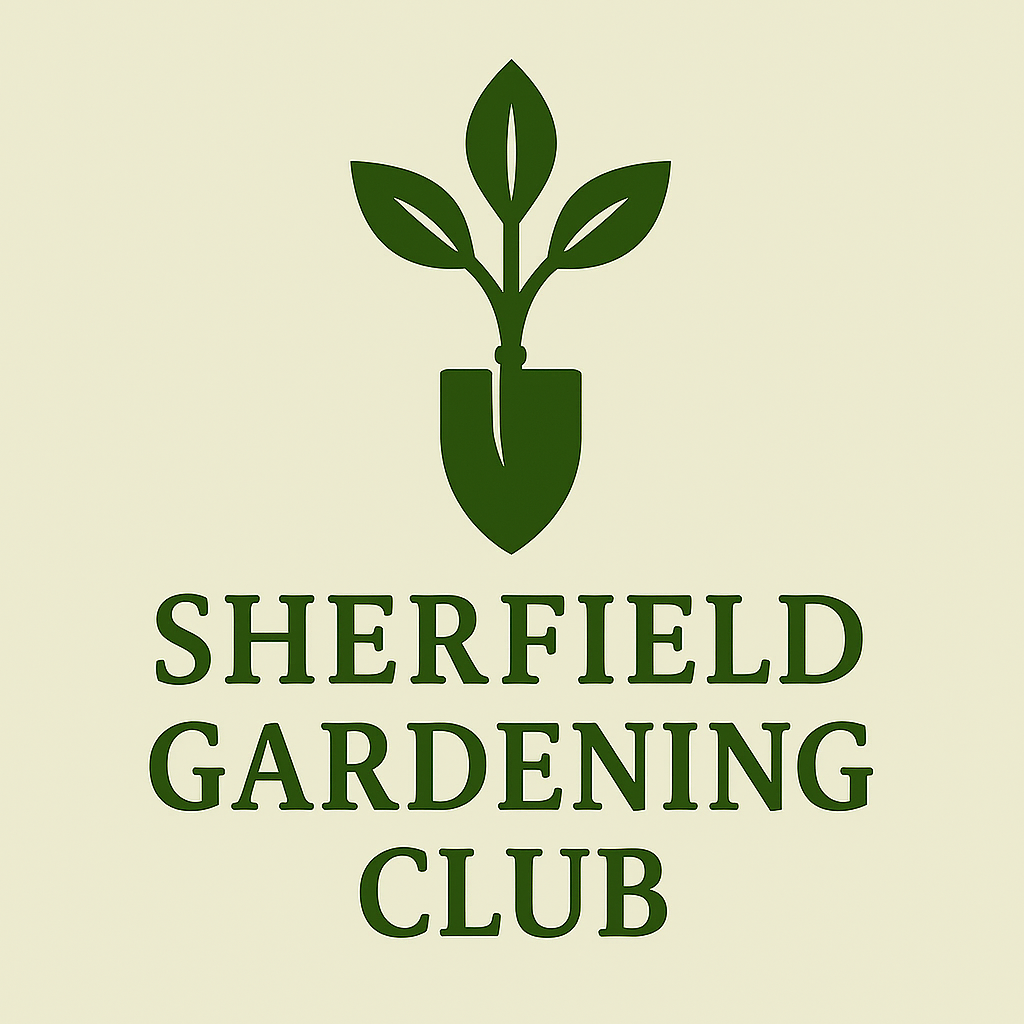Gardening Tips from Sherfield Club Experts
- Club Voice

- Aug 22
- 3 min read
Updated: Sep 15
Gardening is more than just a hobby; it is a way to connect with nature, relieve stress, and enjoy the beauty of the outdoors. Whether you are a seasoned gardener or just starting out, there is always something new to learn. The experts at Sherfield Club have shared their top gardening tips to help you cultivate a thriving garden.
Understanding Your Soil
The foundation of any successful garden is healthy soil. Before planting, it is essential to understand the type of soil you have.
Test Your Soil: Use a soil test kit to check pH levels and nutrient content. This will help you determine what amendments your soil may need.
Improve Soil Quality: If your soil is too sandy or clay-heavy, consider adding organic matter like compost. This will improve drainage and provide essential nutrients.
Mulching: Applying a layer of mulch can help retain moisture, suppress weeds, and improve soil quality over time.
Choosing the Right Plants
Selecting the right plants for your garden is crucial. Not all plants thrive in every environment.
Know Your Zone: Research your hardiness zone to find plants that will grow well in your climate.
Native Plants: Consider planting native species. They are adapted to your local environment and require less maintenance.
Companion Planting: Some plants grow better together. For example, tomatoes and basil are great companions. They can enhance each other's growth and flavor.
Watering Wisely
Watering is a vital part of gardening, but it is essential to do it correctly.
Deep Watering: Instead of frequent shallow watering, aim for deep watering. This encourages roots to grow deeper into the soil.
Time of Day: Water your plants early in the morning or late in the afternoon. This reduces evaporation and allows plants to absorb moisture effectively.
Rain Barrels: Consider installing rain barrels to collect rainwater. This is an eco-friendly way to water your garden.
Pest Management
Pests can be a gardener's worst nightmare. However, there are natural ways to manage them.
Beneficial Insects: Introduce beneficial insects like ladybugs and lacewings. They can help control pest populations naturally.
Natural Remedies: Use natural pest repellents like neem oil or insecticidal soap. These are less harmful to the environment than chemical pesticides.
Regular Monitoring: Check your plants regularly for signs of pests. Early detection can prevent a small problem from becoming a big one.
Seasonal Care
Gardening requires attention throughout the year. Each season brings its own set of tasks.
Spring: This is the time for planting. Prepare your garden beds and start seeds indoors if necessary.
Summer: Focus on watering and weeding. Keep an eye on pests and diseases.
Fall: This is the perfect time for planting perennials and preparing your garden for winter. Clean up debris to prevent pests from overwintering.
Winter: While it may seem like gardening is on hold, winter is a great time to plan for the next season. Research new plants and techniques.
Creating a Garden Plan
Having a plan can make your gardening experience more enjoyable and productive.
Layout: Sketch out your garden layout. Consider sunlight, space, and plant height when planning.
Rotation: Practice crop rotation to maintain soil health. This prevents nutrient depletion and reduces pest issues.
Record Keeping: Keep a gardening journal. Document what you plant, when you plant it, and how it performs. This will help you improve each year.
Embracing Sustainability
Sustainable gardening practices can benefit both your garden and the environment.
Composting: Start a compost pile to recycle kitchen scraps and yard waste. This creates nutrient-rich soil for your garden.
Organic Practices: Use organic fertilizers and pest control methods. This reduces chemical runoff and promotes a healthier ecosystem.
Water Conservation: Implement water-saving techniques like drip irrigation or xeriscaping. This helps conserve water while keeping your plants healthy.
Engaging with the Community
Gardening can be a social activity. Engaging with your community can enhance your gardening experience.
Join a Gardening Club: Connect with other gardeners to share tips, seeds, and experiences.
Community Gardens: Consider participating in a community garden. This is a great way to learn and grow with others.
Workshops and Events: Attend local gardening workshops or events. These can provide valuable knowledge and inspiration.
Final Thoughts
Gardening is a rewarding journey filled with learning and growth. By following these tips from the experts at Sherfield Club, you can create a beautiful and thriving garden. Remember, every gardener faces challenges, but with patience and perseverance, you can cultivate a space that brings joy and beauty to your life.

Happy gardening!




Comments